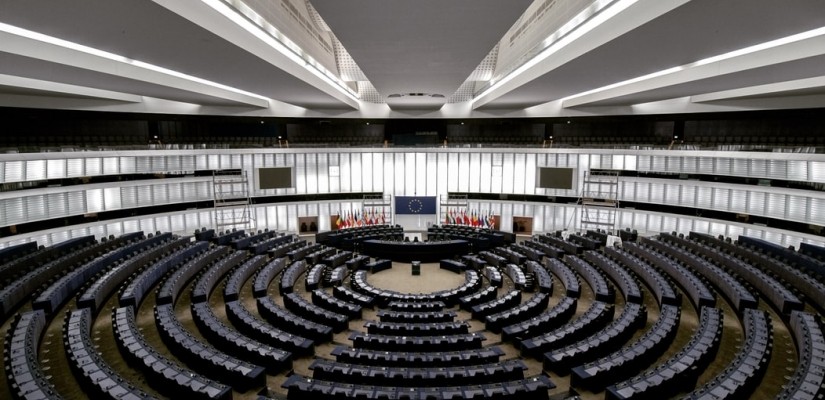Whistleblowers like Edward Snowden or Julian Assange have drawn media attention to how corruption, human rights abuses and other violations of the law may be exposed. Whistleblowing, however, can also endanger the security of those who disclose such abuses, which is why many cases are left unreported. The European Union (EU) brought forth new legislation in April 2018 that grants whistleblowers better protection against retaliation and other repercussions. Previously, member states of the EU managed cases of whistleblowing individually, giving governments free rein over legislation regarding reporting breaches of the law. Whistleblowers were safeguarded by national law in only a minority of EU countries such as the United Kingdom, Ireland, France, Italy, the Netherlands, and Sweden. The EU approved of the new regulations in April 2019, giving member states a period of two years to implement these laws on a national level.
The topic of EU-wide protection for whistleblowers gained approval from the majority of European Parliament members: 591 voted in favor of the new law, 29 voted against, and 33 abstained from the vote. The EU announced that the new Directive on the Protection of Persons Reporting on Breaches of Union Law covers a wide range of areas that guarantee protection for whistleblowers, including issues of public procurement, product safety, transport safety, environmental protection, nuclear safety, public health, food and feed safety for citizens and animals, consumer protection, personal data and privacy protection, and finally financial issues such as money laundering and terrorism financing. The newly adopted law provides whistleblowers with legal advice and protection in court proceedings, aid against retaliation, and protection from non-disclosure clauses in contracts or the law, relieving them of their liability.

The way in which misconduct must be reported was a point of contention among decisionmakers. A step model, according to which whistleblowers must report abuses within their company or organization first before being able to disclose the issue to external channels, was introduced but later adjusted to prevent the silencing of whistleblowers and mitigate risks of internal retaliation. Nonetheless, the EU recommends reporting information to internal business authorities first. Whistleblowers may choose to directly address state authorities when internal reporting is not possible due to a lack of accountability within the business. Such cases pertain to small companies without human resource departments, non-employees, or whistleblowers who are concerned with retaliation and confidentiality. If internal or external reporting did not produce any action from authorities, whistleblowers may publicly disclose information as a last resort through conventional media, social media, web portals, or other public channels after a waiting period of three to six months. This process may complicate and delay legal action against violations of EU laws, yet it also protects businesses from defamation and prevents unsubstantiated media commotion.
The new EU legislation offers two central advantages. Firstly, it encourages those who are aware of breaches of EU laws to report them. This could raise the number of reported crimes. Secondly, whistleblowing is economically beneficial since it can curb corrupt management of public funds. A 2017 report that was released in the name of the European Commission estimated that the protection of whistleblowers could have saved the EU between EUR 5.8 and EUR 9.6 billion (between USD 6.5 and USD 10.8 billion) per year in matters regarding public procurement alone.
Despite such benefits, the new EU legislation only affects infringements of EU laws and not the domestic laws of individual countries. Decisions on issues regarding domestic laws remain in the hands of each EU member state. This means that the new EU legislation does not fully protect all acts of whistleblowing. Investigative journalists, for instance, enjoy increased legal protection but may not be fully secure. Although the EU is only a safe haven for those reporting infringements of EU laws, the new legislation permits a more secure process for whistleblowing, a potentially more rapid approach of reporting criminal activity, and an improved support system for whistleblowers from institutions within the EU.
